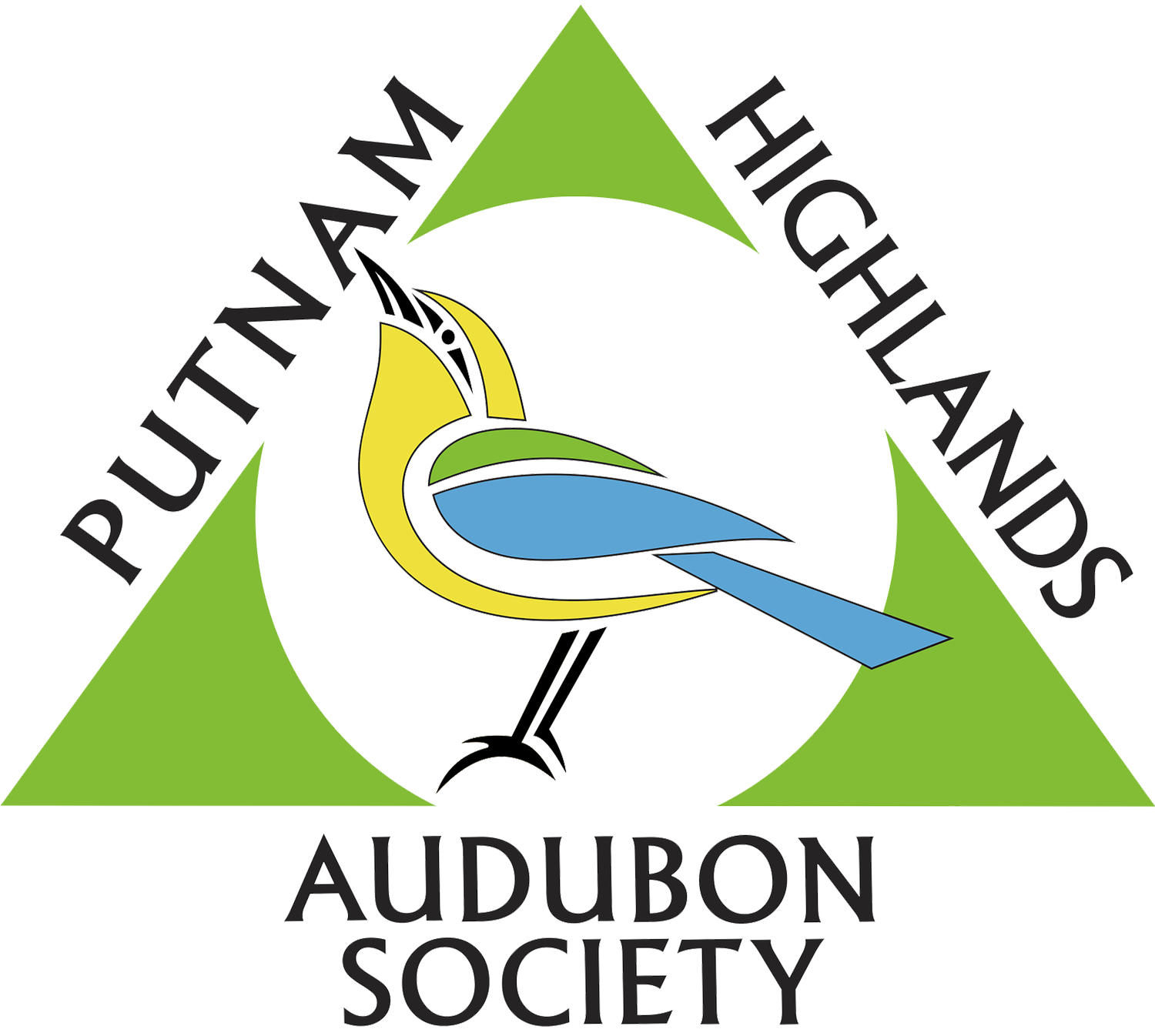PHAS Annual Dinner 2023 Opening Remarks
Good Evening,
To start, I’d like to thank everyone involved in making this evening a reality. The staff of TOEC for hosting and providing an excellent dinner and dessert menu and the entire PHAS board who really went above and beyond this year with the auction items and our teamwork which made the planning process seem like a breeze.
And to our fearless leader, Cory Ethridge, I’m new to the event planning scene so to have someone like Cory calling the shots is not only a learning experience for me but her attention to detail and organization elevates the experience for everyone, plus we make a pretty good team if you ask me… thank you!
I’d also like to thank my fiancé Melissa and others in this room who I have used as a sounding board, who have offered their advice and opinions on various ideas and thoughts and to validate that I am may or may not be crazy.
So last year Kyle and I made a presentation about birding in Putnam County, this year PHAS extended our range and we are pleased to have Kathryn Schneider joining us tonight to talk about birding in the Hudson Valley. As someone who grew up and lives in in the Hudson Valley like everyone here, I am very much looking forward to her presentation. Her book is also on sale here, buy it!
I work for NYC DEP and at the end of every year, we always like to show off our accomplishments, and I thought I’d highlight *some* achievements this chapter has accomplished since the last dinner.
• We had 10 bird walks totaling XXX species
• We held 7 in person programs which attracted 251 participants
• Gifted a scholarship to a local teacher so they can attend Hog Island Audubon Camp this summer.
Probably the biggest ongoing highlight of the year for not only the chapter but for the area is the possibility of a solution to the Constitution Marsh parking problem. Myself, the PHAS board, Rebecca Schultz, and the neighbors worked relentlessly at the end of the summer for a solution and after many phone and text conversations with Rebecca, a lively board meeting or two, and a town hall meeting, an abandoned parking lot on Indian Brook Rd. owned by Central Hudson looked like a potential candidate. Central Hudson has been contacted and they are receptive to the idea and we’re anxiously waiting for further developments.
This board is an extremely busy group of people, who volunteer elsewhere, have families, and full-time jobs but they get the job done and done well, and I feel this chapter is on a great trajectory and I hope you all will want to continue and build on the work we’ve already accomplished. Thank you!
This year was not without its low points.
We lost our greatest conservationist, Ralph O’dell. Even though I didn’t know Ralph, I’ve heard plenty of stories and all I know is that legends like him only come around once in a generation and his knowledge and expertise will truly be missed. My hope is that he’d approve of the direction this chapter is going. If we can please have a moment of silence.
I also would like to point out that this region is experiencing a boom in tourism that also can’t go unnoticed. With our scenic views it’s hard to resist and not want to share that feeling with others. You may not notice it on your hike, walk, or drive to work but despite all of the amazing conservation work occurring in the region, there’s an ongoing battle being waged on our plants, animals, and their habitats. Our megafauna receive the most attention, as a result species like the Peregrine Falcons and Bald Eagles patrol the skies in exceptional numbers up and down the river and beyond. But its the little animals, songbirds like Cerulean Warbler and reptiles like the Eastern Fence Lizard which breed among some of the most trafficked hiking trails in the Hudson Valley are on the decline. We move inland a few miles and species like Black-throated Green, Black-throated Blue, and Canada Warblers which still breed in tiny, isolated populations within Fahnstock. Whip-poor-will could be gone from the area within the next decade if not sooner and ruffed grouse could be gone all together with reports now few and far between. These animals deal with enough problems as it is, climate change and its baggage, overcrowding of hiking trails, increased predation, nest parasitism from cowbirds, and the dangers of migrating and wintering in international locations that have far few protections than we do here. So, with this in mind, why as a species do we have the continuous need to carve up every possible area in the names of access and progress? Because that, is progress in today’s terms. Besides, would we rather teach the next generation of birders and naturalists what WAS once here or what is STILL here?
That is the dilemma I leave you with tonight.
As president of this chapter this is the question that will drive my decision making, and hopefully my boards as well as we navigate through these times as projects new and old come around because once the land and habitat are gone, it and its species are not coming back.
Last but not least I’d like to mention one more person tonight, our guest of honor, Connie Mayer. Thank you for trusting me with the privilege of representing this chapter which has a beyond rich history of leadership and thank you for your guidance since stepping into this role. I will try my best to steer the ship in the right direction. I forgot to tell you Connie, that tonight is going to be a roast so just a heads up there… I hope everyone enjoys the evening.
Sean Camillieri
President

